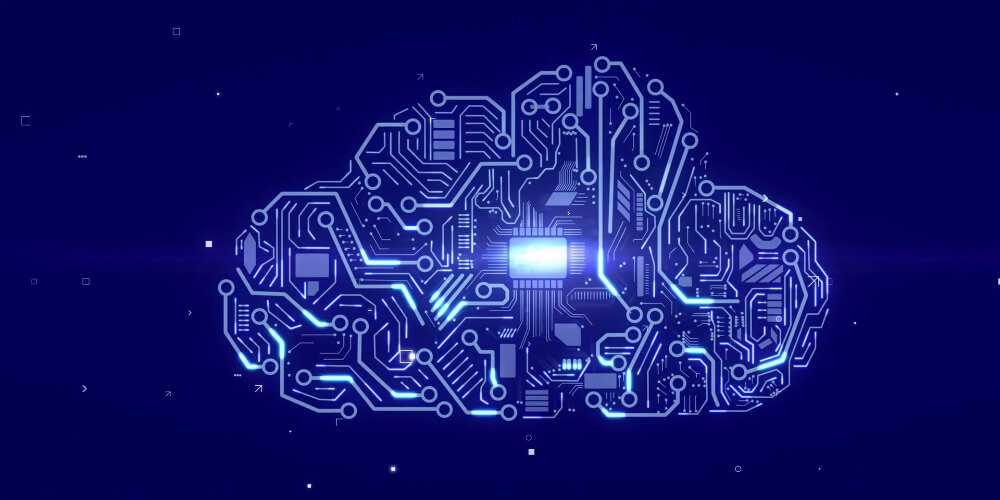ARTIFICIAL INTELLIGENCE AND INTELLECTUAL PROPERTY LAW: A COMPLEX RELATIONSHIP
Authors: Srishti Roy Barman, Student of Hidayatullah National Law University
Best Citation – Srishti Roy Barman, ARTIFICIAL INTELLIGENCE AND INTELLECTUAL PROPERTY LAW: A COMPLEX RELATIONSHIP, Indian Journal of Legal Review (IJLR), 3 (1) of 2023, Pg. 440-452, ISSN – 2583-2344.
Abstract
Human beings are quick witted. They have the ability to make life easy. But what if the ability to think is possible for machines? Intellectual property rights confer protection to creation of human intellect through copyright, patents, trademarks, etc. But what about creative works made by machines? The term coined for recognition of the ability of machines to think, act, learn is artificial intelligence. The ability to create as well as develop like human brain is a developing field of technology. However, now it has become a reality. Just like human beings, artificially intelligent technologies are able to create, learn, imitate. The conundrum lies on the intersection of artificial intelligence and intellectual property rights. What if AI could write a poem, can it be an author? What if AI comes up with new invention, can we give a patent to such inventions? What if AI technology is used to sell counterfeit goods on the internet. The major issue lies about personhood of artificial intelligence and liability in infringement claims. The article will discuss on the concept of artificial intelligence and challenges to enforcement of intellectual property rights over AI creations. The legal issues pertaining to artificial intelligence will be highlighted. The copyright regime on authorship of AI within different jurisdictions will be analyzed. The article will study the impact of artificial intelligence on patent ownerships and trademark law within various jurisdictions. The article will also discuss on the possibility of trade secret law to protect artificially intelligent innovations.
